Speak To Our Namibia Expert Today
and start planning your tailor-made holiday

Alistair
Travel Expert

Can't decide where to go? Why not take a look at our special offers for inspiration.
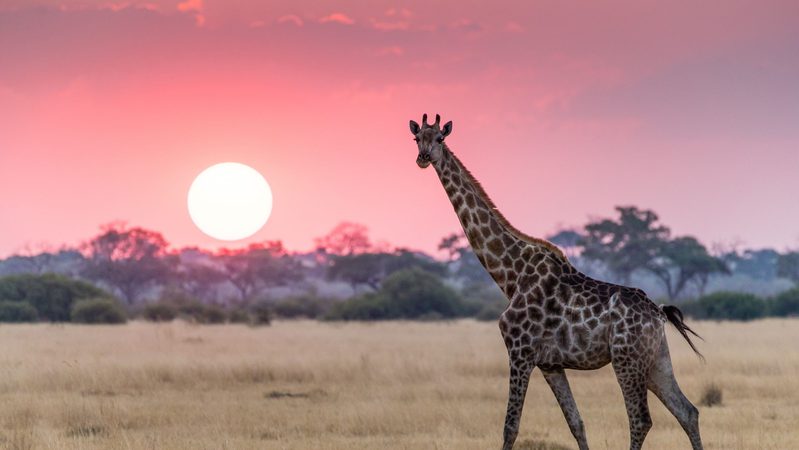
A diverse land brimming with superb safaris, pristine sandy beaches, towering snow-capped peaks and tropical underwater worlds is just waiting to welcome you

Australia offers vibrant cities, diverse landscapes, and iconic wonders like the Great Barrier Reef. New Zealand adds dramatic scenery, Maori culture, and relaxed charm. Together, they promise nature, adventure, culture, and warm hospitality.

If you're dreaming of an island getaway, look no further than the Caribbean with its gorgeous soft sand beaches and lively, diverse cultures.
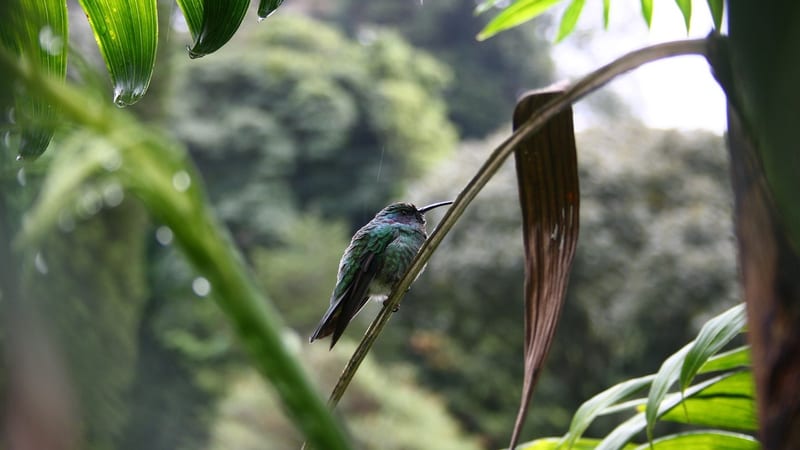
Head to the amazing destination that is Central America, full of the knowledge of ancient civilizations, incredible mountains, and beautiful beaches.

Discover vibrant cultures, pristine beaches, and tantalizing flavours in the captivating travel haven that is East and Southeast Asia

Embark on a journey through the vibrant tapestry of India, Sri Lanka, and Bhutan—where ancient temples, lush tea plantations, and soaring Himalayan peaks promise unforgettable moments at every turn.
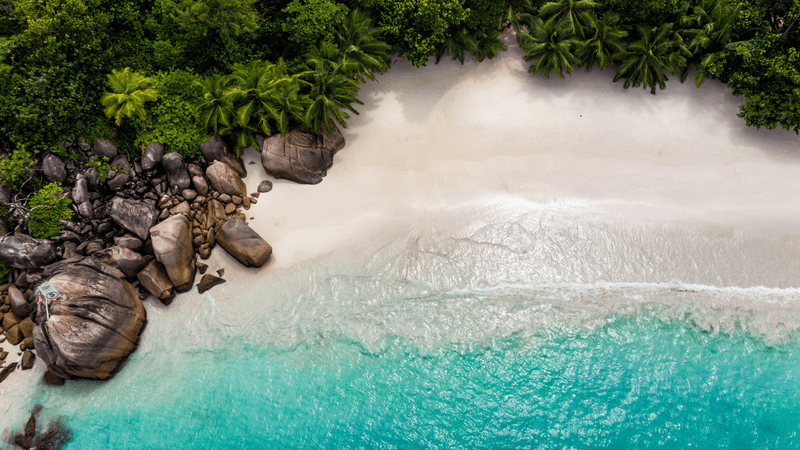
Picture yourself basking on sun-kissed beaches, sipping tropical cocktails beneath swaying palms —where crystal-clear lagoons and luxurious resorts cater to your every desire.

Experience world-class hospitality, mouthwatering cuisines, and the region’s deep-rooted cultural traditions for an unforgettable Middle East adventure.

Venture to the ends of the Earth and behold the icy majesty of polar landscapes. Discover pristine solitude, exhilarating expeditions, and breathtaking views that promise a memorable encounter with nature at its most dramatic
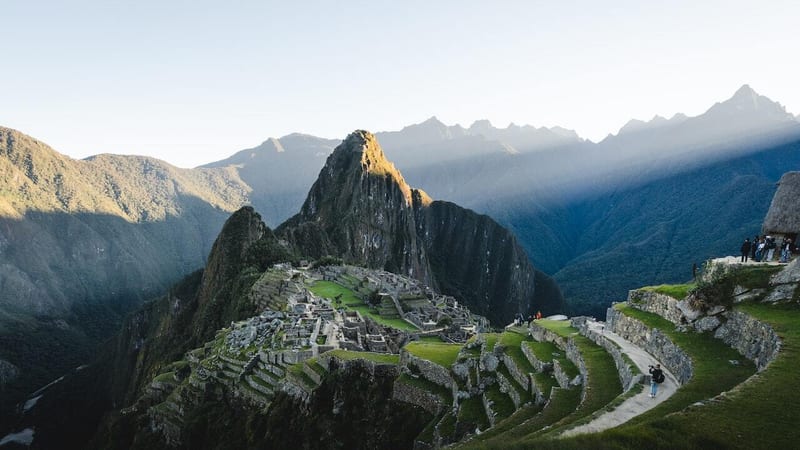
Journey into the heart of South America, where the rhythmic pulse of its vibrant cities meets the majesty of the Amazon rainforest and the timeless wonder of ancient civilizations.
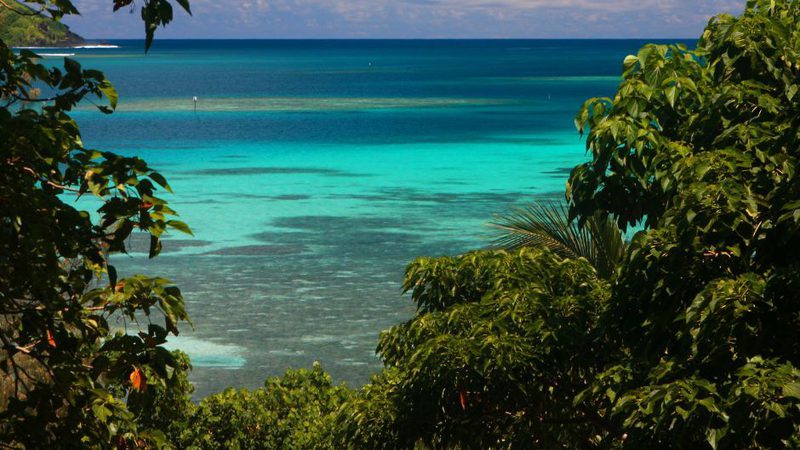
The South Pacific is a paradise of turquoise waters, white-sand beaches, and vibrant island cultures. From adventure and natural beauty to pure relaxation, each island offers its own unique charm and welcome.
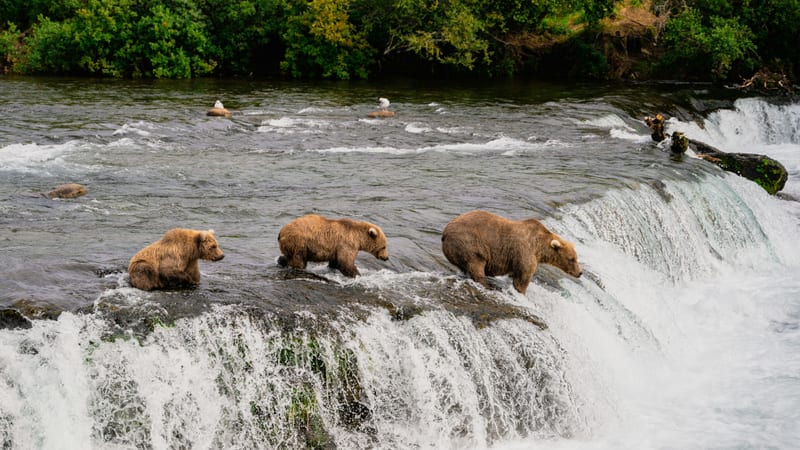
From the soaring plains of the Southwestern USA to the stunning landscapes of the expanses of Canada, visit some of the most impressive scenery in the world

If you are looking for a trip to knock iconic locations off your bucket list, check out our buck list recommendations
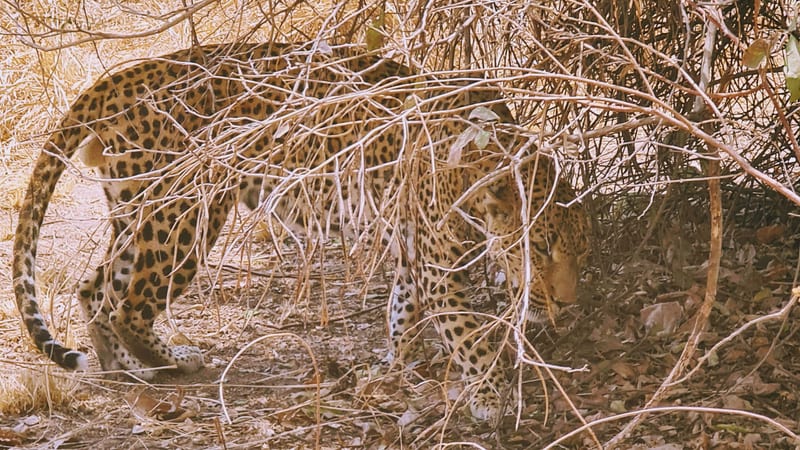
From the graceful stride of giraffes at sunrise to the echoing roars of lions beneath starlit skies, each of our safaris promises an unforgettable dance with nature.


Our family holidays are a perfect opportunity to create lasting memories, whether exploring new destinations or simply enjoying quality time together. From adventure-filled escapes to relaxing beach retreats, they offer a chance to reconnect and unwind away from daily routines.

Our luxury holidays offer the finest experiences, from exclusive resorts and private villas to tailor-made adventures with impeccable service.

For those seeking adventure beyond the usual tourist trails, our off-the-beaten-track trips take you to some of the world’s most remote and untouched destinations, where authentic cultural encounters and breathtaking landscapes await. Let us craft your unique journeys that few travellers ever experience.

For the ultimate beach escape, we offer luxury holidays to some of the world’s most stunning coastal destinations, from the white-sand shores of Antigua to the turquoise waters of Zanzibar.

For those who crave excitement and exploration, our adventure holidays take you to some of the world’s most thrilling destinations, whether trekking through Patagonia, summiting Mount Kenya, or kayaking past icebergs in Antarctica.

Interested in something a bit more focused? How about a horse-riding holiday through Argentina? Or a photography safari? Look through our Special Interest holiday selection for inspiration

Our wildlife holidays invite you to step into unique ecosystems and experience amazing animal encounters. Whether spotting majestic tigers in the jungles of India or marvelling at polar bears in the Arctic, each trip promises awe-inspiring moments steeped in the magic of nature.

Our small group tours offer the perfect balance of expert-guided exploration and personal experience, taking you to incredible destinations with like-minded travellers. Whether it's a wildlife safari in Botswana, a cultural journey through Vietnam, or a chef-led expedition through India, our carefully curated itineraries ensure an intimate, enriching, and hassle-free experience.

Sustainability travel is at the core of what we do and a guiding principle in every choice we make as a business. Let us help you make sustainable travel choices
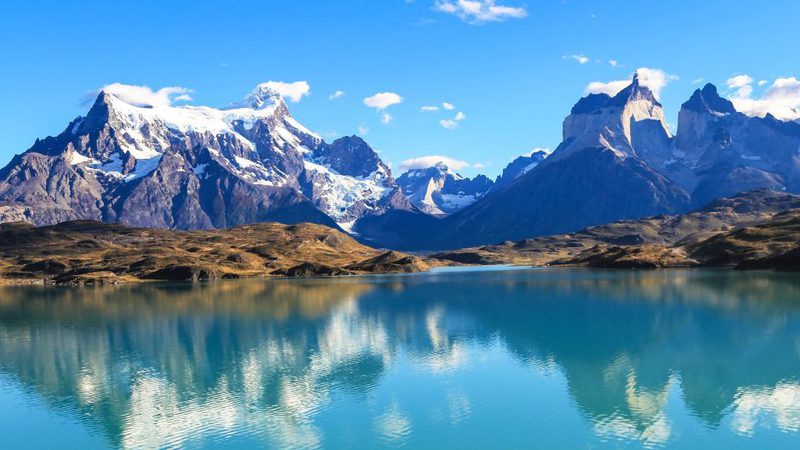
Read about what we do to make a difference

One of the most important parts of our commitment to responsible travel is protecting our clients, and it is a part that we take extremely seriously.
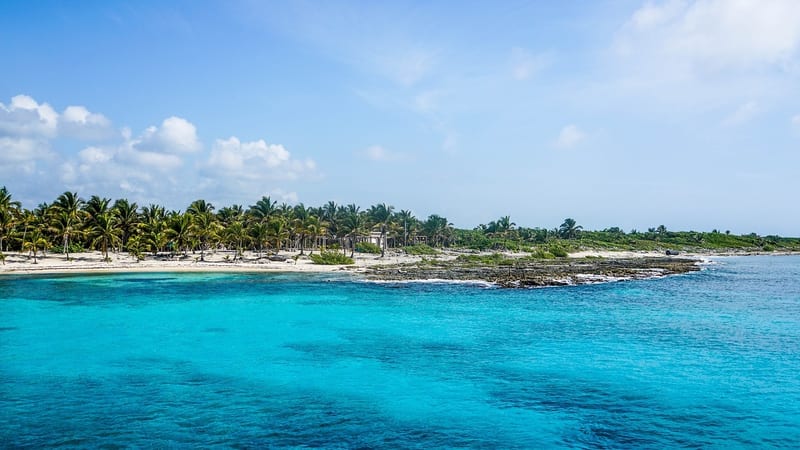
Not sure what's best for which time of year? Check out our expert-written guides

Looking for some expertise on your destination? Have a look through our selection of guides and articles written by our destination experts

Looking for more inspiration? Read from our range of hundreds of articles from our travel specialists, local guides, and personal travel tales.

Our mission is to make every holiday special. We will do this whilst specifically aiming to minimise the environmental impact of our activity and maximise our opportunity to influence others to do the same.

Namibia is world renowned for its wildlife and dry-country flora. These iconic species are especially interesting.

PERINGUEY'S ADDER (SIDEWINDER) - DUNE SURFING SERPENT
This small, venomous adder (maximum length 30 cm) is one of Namibia's most celebrated inhabitants. Known for its 'dune-surfing' capabilities, it can achieve a speed of 18 miles per hour. Watching one of them scale up, over and down a high dunes is quite something. The 'side-winding' movement from which the species gets its common name, is achieved by undulating its body in a series of smooth, lateral curves. An ambush predator, the Side-winder buries itself in the sand, starting at its tail and progressing towards its head, leaving just the eyes exposed. Uniquely, this snake's eyes are placed on the top of its head, not on the sides. Favoured prey items include the equally interesting Shovel-snouted lizard. Taking a living desert tour from the coastal town of Swakopmund is one of the best ways to try and spot one of these intruiging serpents.

HARTLAUB'S SPURFOWL (FRANCOLIN) - THE GIRLS HOLD THE FORT
Among the most sought-after species on the lists of visiting birders, the Hartlaub's spurfowl or francolin is unusual for a variety of reasons. This fairly small game bird frequents harsh, rocky terrain such as around Erongo in the Central Highlands where this pair was photographed. Its beak is disproportionately large for a francolin and males and females actually have different diets: males tend to forage on the ground for insects such as termites, while females are more inclined to dig their food out of the soil. Interestingly, its the girls who guard their territories: they're much more vociferous than their mates and they defend their homes with vigour. Their breeding system is referred to as resource-based monogamy. They also incorporate reverse-mounting into their courtship rituals.

NAMIBIA SAND GECKO - LITTLE HUNTERS OF THE NAMIBIAN NIGHT
Another denizen of the Namibian sand dunes, the Namib sand gecko (Palmato gecko) is an almost translucent, pale sandy pink colour which enables it to blend subtly into its habitat. By day, the gecko rests alone in a burrow that can be up to a meter deep. After dusk, it'll emerge to hunt invertebrates in the desert. The only truly web-footed gecko in sub-Saharan Africa, its feet are adapted so as to facilitate rapid movement over the loose sand. Females can be heavier than males by almost a third.

'W' IS FOR WEIRD; 'W' IS FOR WELWITSCHIA
Last but not least, the country's most remarkable plant - and one of the world's most extraordinary - is the Welwitschia. An icon of Namibia, this unmistakable creation (for lack of a better descriptive!) has only two huge leaves, which eventually grow to a length of a four meters each and fray at the ends so as to produce a few long strands emanating from a short central trunk. The biggest known specimen (pictured) is 1.4 meters tall and has leaves measuring 4 meters making a diameter of 8 meters. There are separate male and female plants; the seed cones somewhat resemble those of certain conifers. So distinctive is this plant, that it has been assigned not just its own genus and family, but also its own order.
Wondering when to visit? Take a look at this guide on the best time to visit Namibia.
Looking for some more inspiration? Take a look at our best safari holidays ideas, our favourite family safaris, our big five safari guide or our top African safari honeymoon suggestions.
If you are planning a trip to Namibia - whether a self-drive safari, a family holiday or a Namibian honeymoon, get in touch today - we'd love to help you.
and start planning your tailor-made holiday

Travel Expert
Get travel tips directly to your inbox every week
Give us a call on 0203 111 1315 or fill in the form below and we’ll be in touch.
